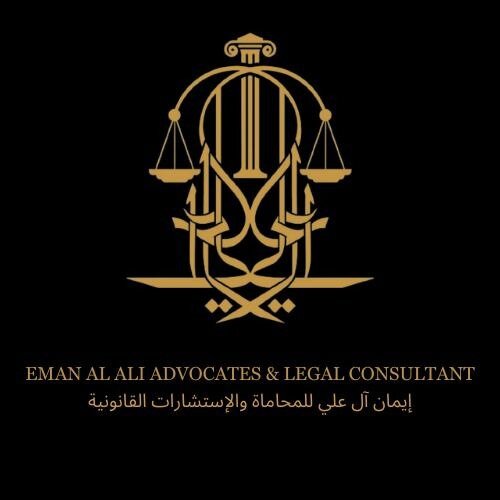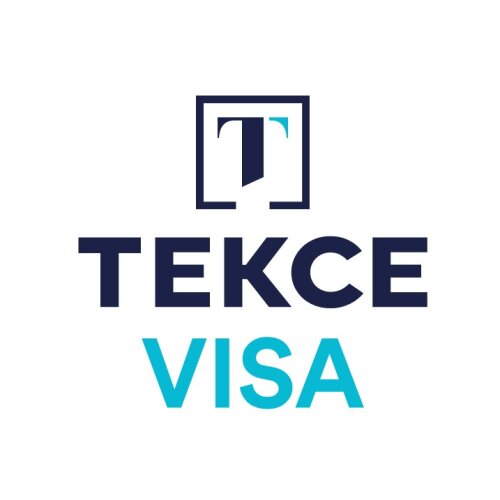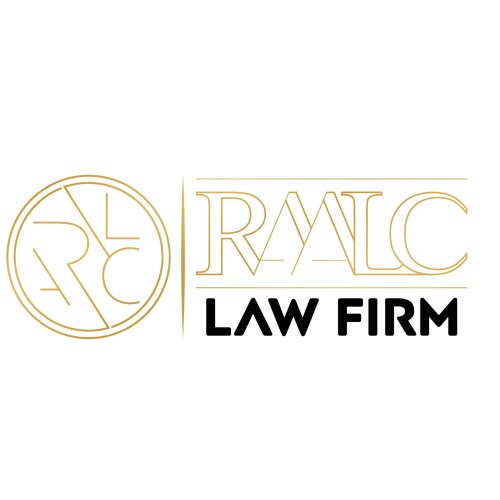Best Commercial Real Estate Lawyers in Dubai
Share your needs with us, get contacted by law firms.
Free. Takes 2 min.
Free Guide to Hiring a Real Estate Lawyer
List of the best lawyers in Dubai, United Arab Emirates
About Commercial Real Estate Law in Dubai, United Arab Emirates
Dubai is renowned as a global hub for business and tourism, and its commercial real estate market is one of the most active and dynamic in the world. This vibrant sector encompasses the buying, selling, leasing, and management of office spaces, retail establishments, industrial properties, and more. The legal framework governing commercial real estate in Dubai is robust, tailored to support both local and international businesses. This includes various types of ownership laws, tenancy regulations, and transactional processes that cater to the city’s diverse economic landscape.
Why You May Need a Lawyer
Engaging in commercial real estate transactions in Dubai may involve complex legalities. Common situations where legal assistance is invaluable include negotiating lease agreements, ensuring compliance with zoning and property laws, conducting due diligence before purchasing a property, resolving landlord-tenant disputes, and preparing necessary legal documentation. Lawyers ensure transactions align with local regulations and protect clients from potential legal pitfalls, offering peace of mind in high-stakes dealings.
Local Laws Overview
Dubai’s commercial real estate is governed by various laws and regulations. Key aspects include:
- Property Ownership: Foreign ownership is largely permitted in designated freehold areas, while other zones restrict ownership to UAE nationals or GCC citizens.
- RERA Regulations: The Real Estate Regulatory Agency (RERA) oversees the regulatory framework, including registration processes and ensuring transparency.
- Tenancy Law: Dubai’s Law No. 26 of 2007 regulates rental relationships, safeguarding both landlords and tenants.
- Contracts: All commercial real estate transactions must comply with the statutory requirements, including the use of standardized forms for property transactions.
Frequently Asked Questions
What is the procedure for purchasing commercial property in Dubai?
Purchasing commercial property involves selecting a property, signing a sale agreement, paying a deposit, obtaining a No Objection Certificate (NOC) from the developer, finalizing payment, and transferring the property at the Dubai Land Department.
Can foreigners lease commercial property in Dubai?
Yes, foreign nationals can lease commercial properties. Leases must comply with local regulations, and it's advisable to have legal counsel to review lease terms and conditions.
What are the taxes associated with commercial real estate transactions?
While Dubai does not impose income tax, a 4% transfer fee on the property value is payable to the Dubai Land Department upon transfer of ownership. Value Added Tax (VAT) may also apply to rental incomes and sales.
How long are typical commercial leases?
Commercial lease terms in Dubai typically range from one to five years, with longer leases subject to market conditions and the nature of the tenant’s business.
What is a freehold property?
Freehold property allows buyers to own the property and land outright for an indefinite period, and it enables foreign investors to invest in properties within designated areas in Dubai.
Are there any restrictions on the use of commercial properties?
Commercial properties must be used according to their designated purpose as per zoning laws. Any change in use requires prior approval from relevant authorities.
What are escrow accounts in real estate deals?
An escrow account is a secure account managed by a third party where buyer payments are held until transaction conditions are met, minimizing risk in property purchases.
What should be included in a commercial lease agreement?
A comprehensive lease agreement should detail rent amount, duration, renewal processes, maintenance obligations, subleasing permissions, and termination conditions.
What documents are required for registering a property transaction?
Key documents include the sale and purchase agreement, title deed, NOC from the developer, and copies of identification documents for all parties involved.
How can tenancy disputes be resolved?
Tenancy disputes can be resolved through the Rental Disputes Settlement Centre, which addresses issues like unfair eviction, rent increases, and non-compliance with lease terms.
Additional Resources
For further assistance in navigating commercial real estate in Dubai, consider the following resources:
- Dubai Land Department (DLD): Provides essential services related to property transactions and regulations.
- Real Estate Regulatory Agency (RERA): Oversees and regulates all property-related matters and disputes.
- Dubai Economic Department (DED): Offers guidance related to business setups and commercial activities.
- Local Law Firms: Engage with law firms specializing in commercial real estate to provide tailored legal advice.
Next Steps
If you need legal assistance in commercial real estate, consider the following steps:
- Research: Gather information about legal firms with expertise in commercial real estate in Dubai.
- Consultation: Schedule consultations with potential legal advisors to discuss your specific needs and assess their expertise.
- Engagement: Once you have selected a suitable lawyer or law firm, formally engage their services to ensure your transactions comply with local laws and regulations.
- Stay Informed: Keep abreast of any regulatory changes in the real estate sector to align your business strategies accordingly.
Lawzana helps you find the best lawyers and law firms in Dubai through a curated and pre-screened list of qualified legal professionals. Our platform offers rankings and detailed profiles of attorneys and law firms, allowing you to compare based on practice areas, including Commercial Real Estate, experience, and client feedback.
Each profile includes a description of the firm's areas of practice, client reviews, team members and partners, year of establishment, spoken languages, office locations, contact information, social media presence, and any published articles or resources. Most firms on our platform speak English and are experienced in both local and international legal matters.
Get a quote from top-rated law firms in Dubai, United Arab Emirates — quickly, securely, and without unnecessary hassle.
Disclaimer:
The information provided on this page is for general informational purposes only and does not constitute legal advice. While we strive to ensure the accuracy and relevance of the content, legal information may change over time, and interpretations of the law can vary. You should always consult with a qualified legal professional for advice specific to your situation.
We disclaim all liability for actions taken or not taken based on the content of this page. If you believe any information is incorrect or outdated, please contact us, and we will review and update it where appropriate.

















